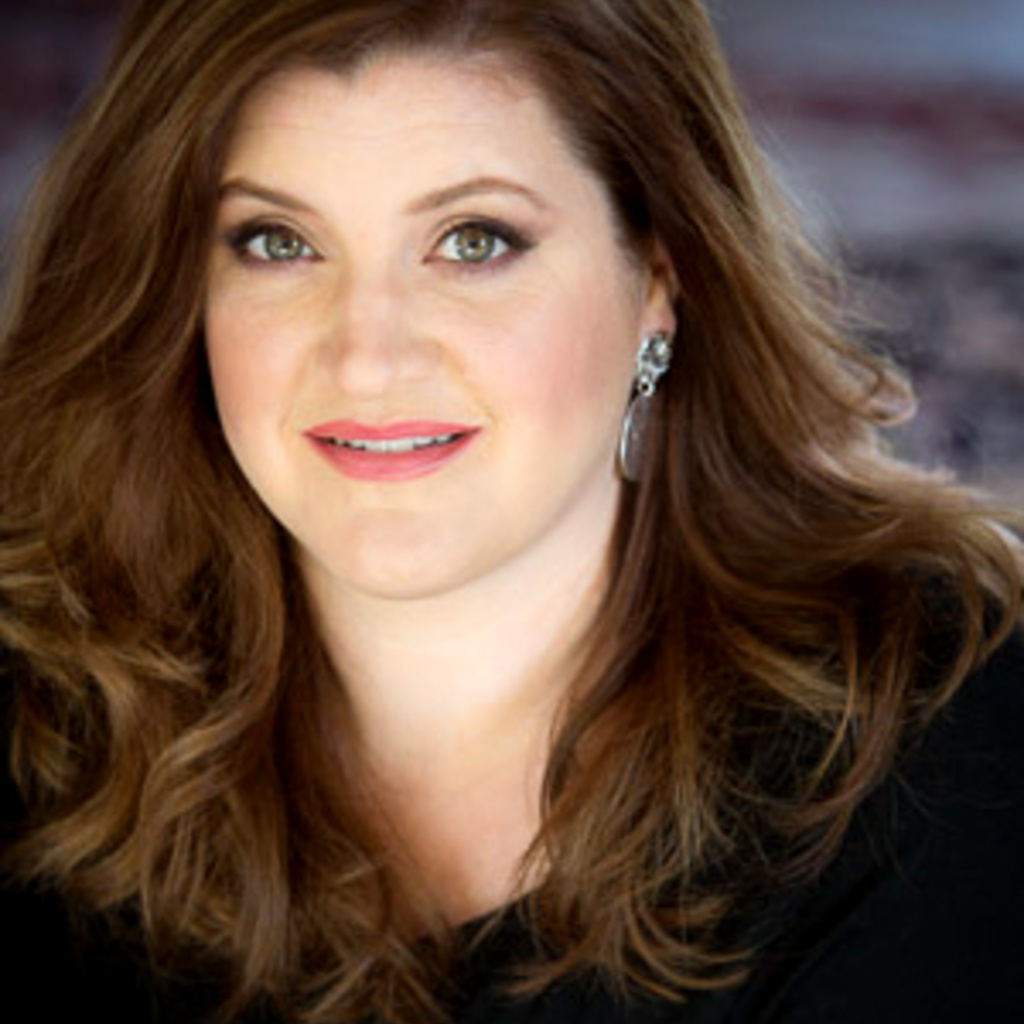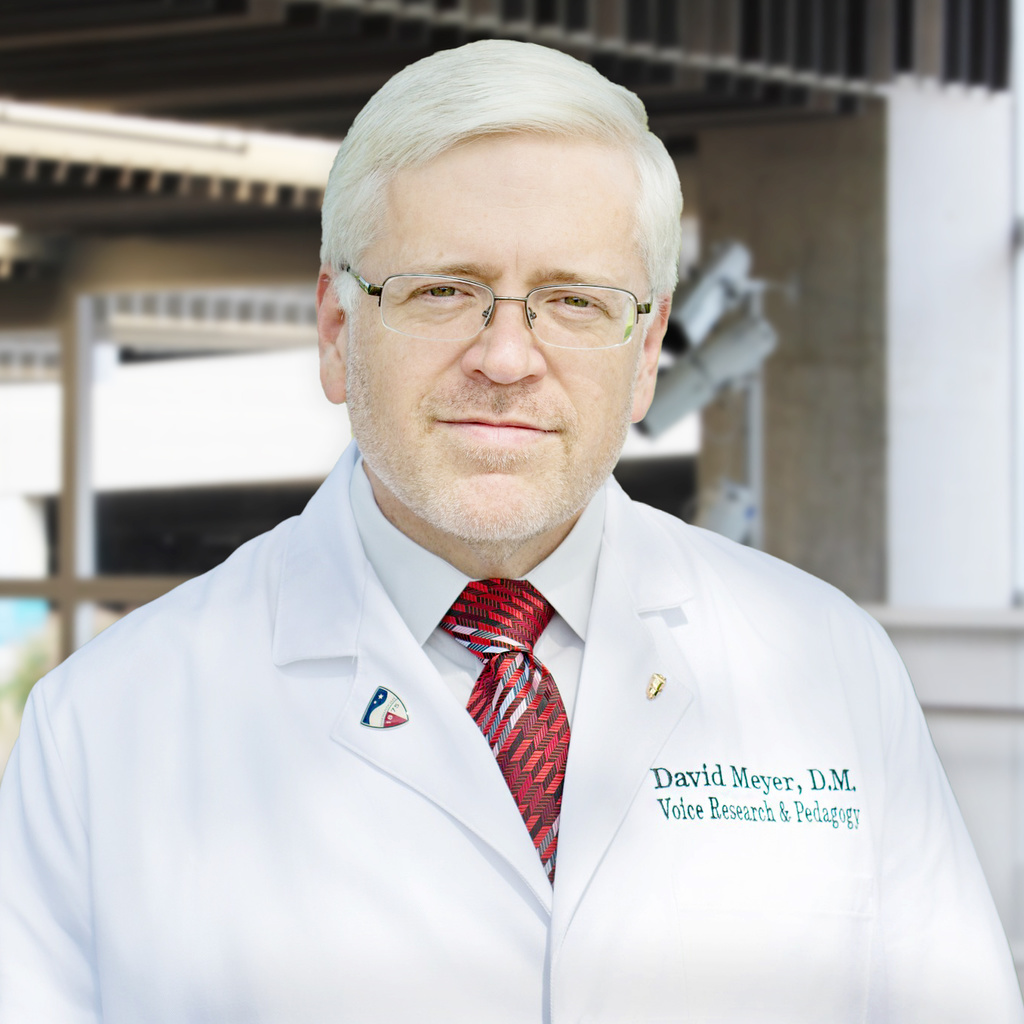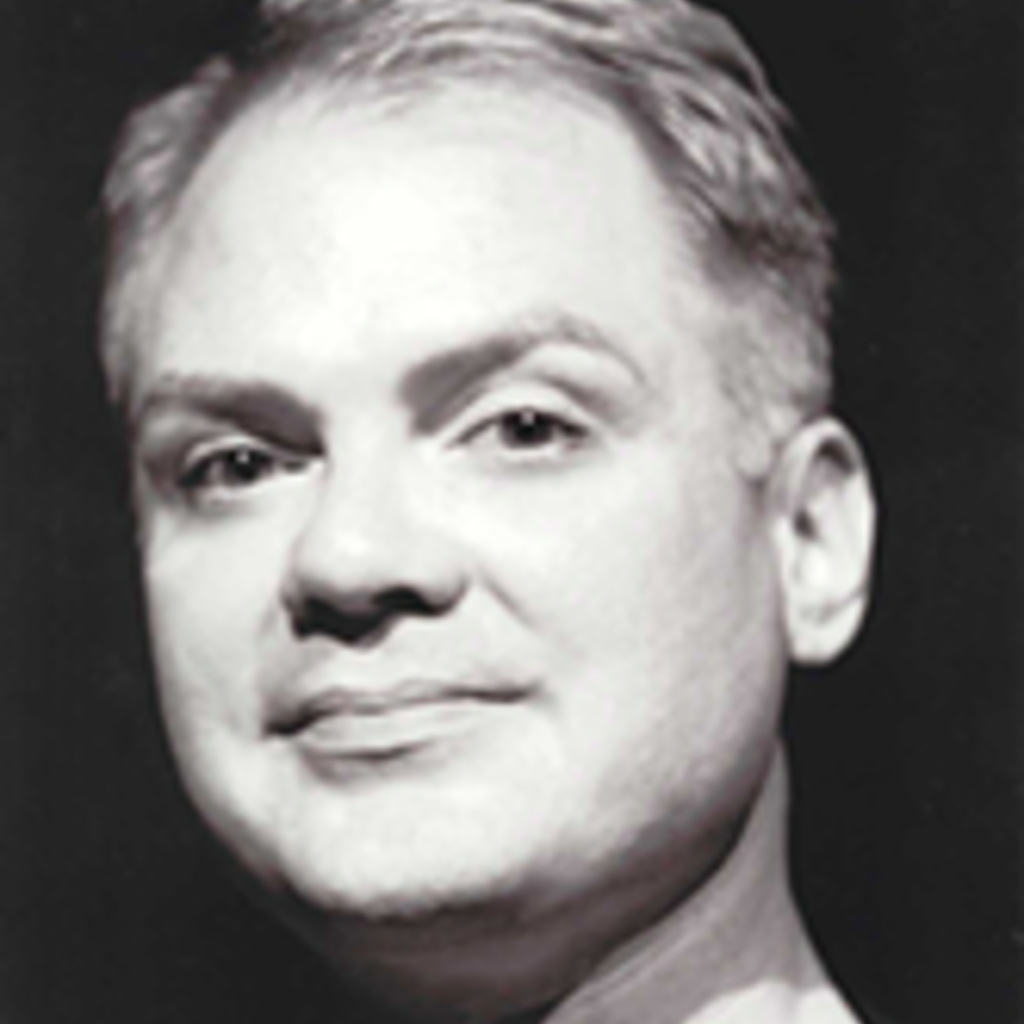Main navigation
Earn your DMA in Voice
The DMA degree in performance requires a minimum of 72 post-baccalaureate semester hours. Candidates must meet all the general requirements for the DMA in music with respect to residence, and written comprehensive examinations. It is expected the DMA applicant in the solo voice area will have overcome major technical vocal problems and be able to offer quality public performances, successfully manage professional engagements, and utilize a variety of appropriate teaching skills. A minimum of 39 semester hours must be earned at the University of Iowa.
Requirements and program planning
This information is intended to assist in your course planning but is not intended to serve as an official guide to graduation requirements. Consult your advisor to confirm progress toward graduation.
Course offerings
General requirements
- MUS:5300 Introduction to Graduate Study in Music (2 s.h.)
- MUS:7140 Seminar in Music Research (2 s.h.)
Music theory requirements
Students exempt from MUS:5200 through the advisory examination in music theory must complete 9 s.h. from the following courses. Up to 6 s.h. can be counted from the master's degree, upon written approval of the Associate Director for Graduate Studies.
MUS:4200 Counterpoint before 1600 (3 s.h.)
MUS:4201 Counterpoint after 1600 (3 s.h.)
MUS:4730 Jazz Theory (3 s.h.)
MUS:5235 Tonal Analysis (3 s.h.)
MUS:5236 Non-Tonal Analysis (3 s.h.)
MUS:5237 Analysis of Popular Music (3 s.h.)
MUS:5240 Special Topics in Theory and Analysis (3 s.h.)
MUS:6210 History of Ideas in Music (3 s.h.)
MUS:6211 Theoretical Approaches to Music (3 s.h.)
MUS:6215 Theory Pedagogy (3 s.h.)
MUS:6250 Advanced Tonal Theory and Analysis (3 s.h.)
MUS:6251 Advanced Non-Tonal Theory and Analysis (3 s.h.)
MUS:6252 Advanced Theory and Analysis of Popular Music (3 s.h.)
Music history requirements
Select from the music history courses in the following list. Only one 4000-level course (taken at the University of Iowa or equivalent transferred in from another institution) may count toward the 9 semester hours required. Up to 6 s.h. can be counted from the master's degree, upon written approval of the Associate Director for Graduate Studies.
- Music and Gender (MUS:4320), 3 semester hours
- Medieval and Renaissance Music (MUS:4325), 3 semester hours
- Baroque Music (MUS:4330), 3 semester hours
- 18th-Century Music (MUS:4335), 3 semester hours
- 19th-Century Music (MUS:4340), 3 semester hours
- 20th-Century Music (MUS:4345), 3 semester hours
- Advanced Jazz History (MUS:4350), 3 semester hours
- American Music (MUS:4355), 3 semester hours
- Jazz Matters (MUS:4360), 3 semester hours
- Studies in Film and Music (MUS:4610), 3 semester hours
- Teaching Music, History, and Culture (MUS:6305), 3 semester hours
- Topics in Musicology (MUS:6310), 3 semester hours
- Historical Approaches to Music (MUS:6312), 3 semester hours
- Topics in Ethnomusicology (MUS:6314), 3 semester hours
- Foundations of Ethnomusicology (MUS:6315), 3 semester hours
- Renaissance Music Notations (MUS:6326), 3 semester hours
- Music Editing (MUS:6375), 3 semester hours
Ensemble participation
Major Ensemble (four semesters required), 1 semester hour each
Voice area requirements
- MUS:6020 Graduate voice lessons (6 semesters) (12 s.h.)
Applied lessons are taken each semester until the recital requirement is completed; requests for exceptions must be approved by the voice area.
- MUS:5510 Graduate Diction (2 s.h.) (Spring)
- MUS:6520 Voice Pedagogy (3 s.h.)* (Spring)
- MUS:6530 Topics in Vocal Performance (taken 2 times, 2 s.h./each) (Spring)
- MUS:6540 Survey of Operatic Literature (3 s.h.) (Spring—odd numbered years)
- MUS:6541 Survey of Song Literature I (3 s.h.) (Fall—odd numbered years)
- MUS:6542 Survey of Song Literature II (3 s.h.) (Fall – even numbered years)
*All TAs must complete the course Voice Pedagogy by the end of their first year on campus.
At least two semesters from the following (one course may be repeated):
- MUS:3140 Audition Repertoire (1 s.h.)
- MUS:3500 Opera Workshop (2 s.h.)
- MUS:3502 Opera Production (2-4 s.h.)
- MUS:3503 Vocal/Operatic Coaching (1 s.h.) (Repeatable: 1 semester may be applied to degree)
- MUS:3851 Intro to the Alexander Technique (3 s.h.)
- MUS:3850 Intro to Laban Movement Studies (2-3 s.h.)
- MUS:6535 Opera Theatre Directing Seminar (1-3 s.h. )
Recitals (see detailed DMA requirements for specific requirements)
- MUS:7899 Qualifying Recital (0 s.h.)
- MUS:7900 D.M.A. Recital #1 (1-2 s.h.)
- MUS:7900 D.M.A. Recital #2 (1-2 s.h.)
- MUS:7900 D.M.A. Recital #3 (1-2 s.h.)
- MUS:7970 D.M.A. Essay/Thesis (minimum of 2 s.h.; maximum of 6 s.h.) If student started coursework prior to Fall 2019, the range is 4-8 s.h.
Language proficiency requirements
The student must fulfill one of the two requirements listed below:
-
Successfully completed at least one year (two semesters) of college level language study in each of the three major Western singing languages (French, German, and Italian) prior to taking comprehensive exams. Students may verify proficiency in any or all these languages through: The undergraduate language placement WebCAPE online French, German, or Italian exams offered by UI Exam Services, or a transcript verifying courses taken within the 10 years prior to the comprehensive exams with a resulting letter grade of B or better
-
Earned an undergraduate BA or its equivalent in French, German, or Italian
In addition, advanced reading knowledge in one of the required languages must be demonstrated through a written exam administered by the Voice Faculty:
The Voice Area recognizes our changing world and the need for diversity of thought and language. We strive to remain flexible to find ways to enrich the lives and futures of the students we are sending for global work.
Detailed DMA Recital Requirements
- One DMA qualifying recital*
- Two traditional solo recitals or one traditional solo recital and one lecture recital**
- One collaborative recital featuring more than one other instrument
*A qualifying recital must be presented within the first year of residency. This recital must conform to the general requirements established for DMA voice recitals, including repertoire requirements, committee members and recital preview date. At the discretion of the voice faculty, the qualifying recital may also satisfy the requirements for one of the DMA recitals, provided the program consists of repertoire that is new to the student and the committee agrees to the repertoire.
**One hour Lecture Recital divided evenly between lecture and performance in which the directed research undertaken in connection with the lecture-recital culminates in a formal paper submitted for approval prior to the public presentation. The musical portion of this recital must be memorized.
Every DMA recital must be previewed before the voice faculty at least two weeks prior to the recital date to assess the preparedness of the candidate to perform the recital; the voice faculty reserves the right to select pieces they wish to hear, to change the order of the pieces, and to cancel or postpone the recital at that time.
With the prior approval of the candidate's committee at the time of opera or oratorio auditions, he/she may substitute a major role in an opera or oratorio for the collaborative recital.
Degree credit will not be given for a DMA recital graded unsatisfactory (lower than a B-minus). If the recital is so graded, it may be repeated within a two-month period at the discretion of the voice faculty. Two unsatisfactory recitals constitute grounds for dismissal from the program.
DMA Recital Committee Requirements: The candidate may select the DMA recital committee, which shall consist of at least three University of Iowa voice faculty plus two University of Iowa music faculty members from a different area, all approved by the Graduate College. It is the candidate's responsibility to select a recital date and a preview date compatible with the schedules of his/her committee.
Comprehensive Exams
Comprehensive exams must be taken. This exam evaluates the candidate’s knowledge of music theory, music history, song literature and vocal pedagogy. A Plan of Study form must be completed with the advisor prior to taking the comprehensive exams.
Comprehensive Exam Committees Requirements: Refer to Manual of Rules and Regulations of the Graduate College to determine information regarding selection of Comprehensive Exam Committees.
Doctoral Essay
2 s.h. minimum; 6 s.h. maximum. Candidates for the DMA in Voice must give evidence of their ability to make a scholarly investigation by means of The Thesis for General Distribution or The Essay for Limited Distribution, in accordance with the Graduate College Thesis Manual and Deadlines for Submission. The candidate is required to submit to an oral defense of the thesis or essay by the committee, which will determine the scholarship, preparation of materials, academic form, and thoroughness of the paper presented.
Doctoral Thesis or Essay Committee: Refer to Manual of Rules and Regulations of the Graduate College to determine information regarding selection of Doctoral Thesis or Essay Committee and procedures for completion of the degree.
Research paper
The student is required to submit to the voice faculty a qualifying research paper that can be considered representative of the level of writing competence appropriate to his/her candidacy for the D.M.A. degree. This paper must demonstrate the student's ability to:
- Write clear, concise English
- Organize ideas into a coherent and extended discourse
- Express thoughts which are manifestly their own

NEW in 2026!
A thrilling new opportunity for singers, in cooperation with Cedar Rapids Opera
Create your academic path
You'll find degree overviews, requirements, course lists, academic plans, and more to help you plan your education and explore your possibilities.
Current course list
The MyUI Schedule displays registered courses for a particular session and is available to enrolled students. The list view includes course instructors, time and location, and features to drop courses or change sections.
Add a minor
Any student admitted to a graduate degree program in the School of Music may add a theory pedagogy minor by completing the required courses.
Voice and opera faculty

Abbigail Coté

Keely Futterer

David Meyer

Stella Roden
Jeremiah Sanders

Wayne Wyman
Practice and perform
Need to book a music room, request an accompanist, check out audition information, rent a locker, or use a recording studio? Visit the Music Callboard for all scheduling and policy information.